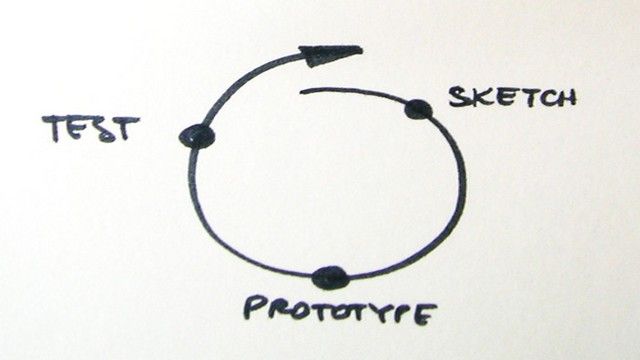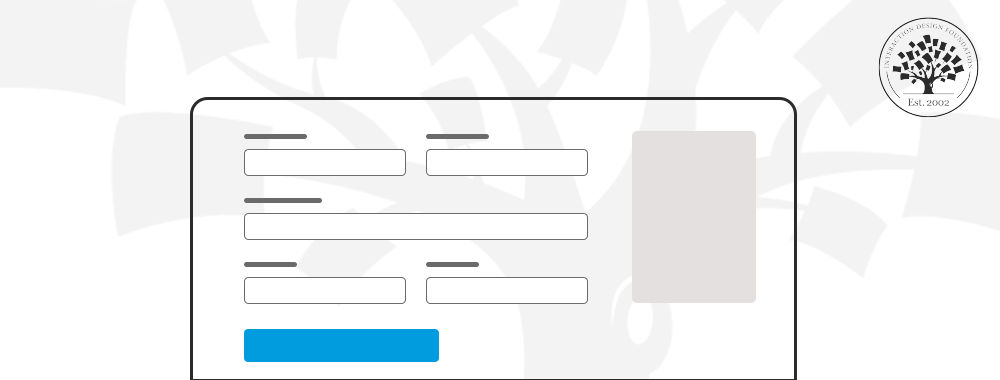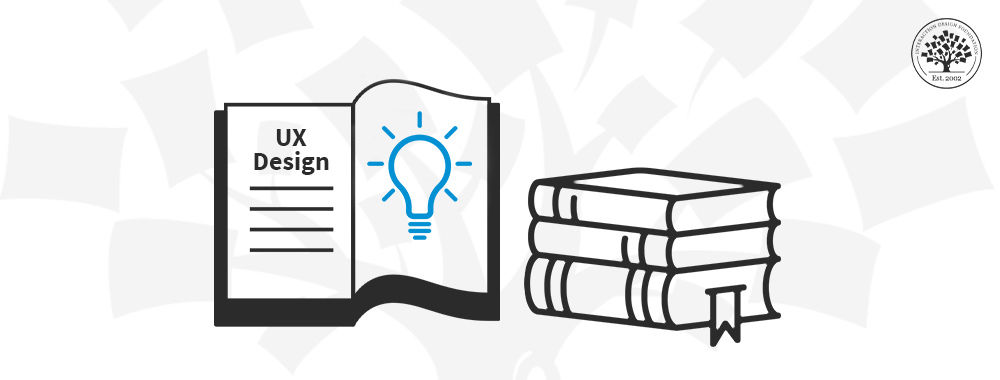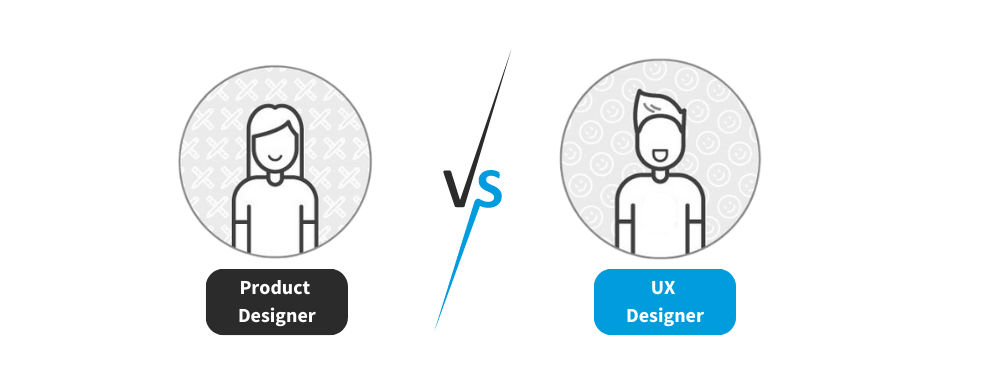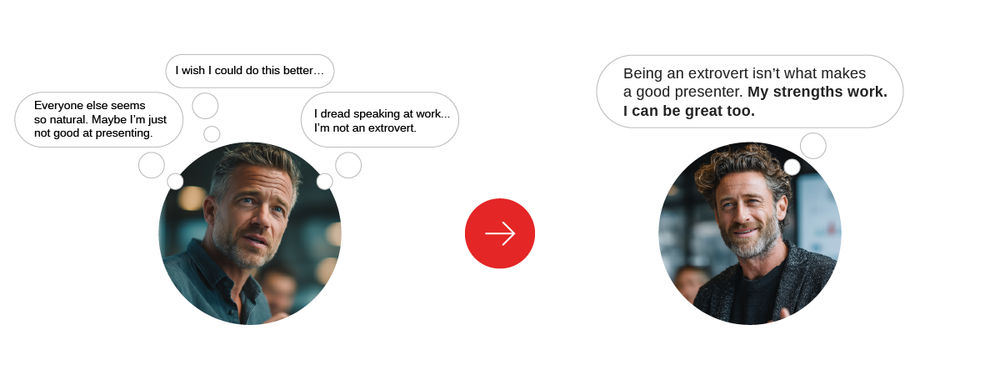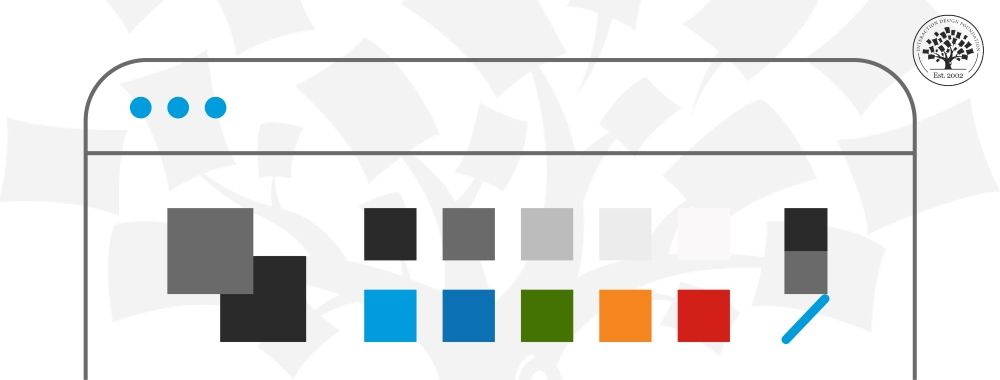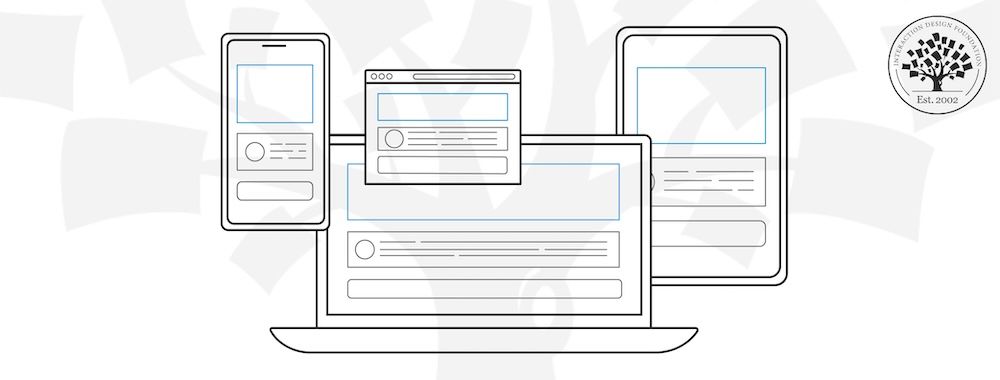This is the final part of our UX Basics series for entrepreneurs. All the previous installments can be found under the UX Daily tab on our website. Today, we’re going to look at the final part of the UX process – iteration.
What is Iteration?
Iteration is a mathematical concept which basically means doing the same thing over and over again in order to refine the result. We use it in UX because, in general, UX is an iterative process. We need to constantly refine and improve our designs in order for them to continue to create the best value for our users.

Author/Copyright holder: Unknown. Copyright terms and licence: Unknown Img source
Now, this isn’t true in all cases. Take the spoon for example; there’s not much you can do to improve a spoon as a product – you can make it bigger or smaller or change the material that it’s made from but the purpose it serves is pretty much always the same. Incredibly simple products need very little iteration but sadly, most of the incredibly simple products in this world have been invented for a very long time.
Applications and websites will need to undergo rather more substantive change or risk being left out in the cold by competitors.
UX Research is a great way to develop this change. Change for change’s sake is both annoying and disrupting. Look at the outcry when Facebook makes a cosmetic change to its timeline. Users don’t mind change but they find it incredibly irritating when that change offers no benefits to them. The vast majority of Facebook’s changes are commercial changes – they offer benefits to Facebook and its advertisers but the user is often neglected in the process. Facebook has an installed user base of 1.3 billion people (roughly the same number of people as are in China) and can afford to take the risk of annoying segments of its user base.

Author/Copyright holder: Frits Ahlefeldt-Laurvig. Copyright terms and licence: CC BY-NC-ND 2.0
Facebook is also a free to use service which means that users have less of a voice than those who pay for a service. However, Facebook has had to roll back several changes due to user outcry – particularly those involving changes to user privacy. If the company had spent a little more time conducting user research – it could have avoided those issues. It’s also worth noting that for the first time last year – Facebook’s overall usage dropped. So maybe, even for giants it might be a good idea to spend a little more effort on pleasing your users.
In the case of smaller businesses – users are critical to success. If your products don’t evolve to meet their needs; you are unlikely to keep those users. Iteration simply means going back to any phase in your research and starting again but using the current product as a basis for future developments. You need to include space for this research in your development cycles or risk alienating your users when you launch new features.
Header Image: Author/Copyright holder: Smashing Magazine. Copyright terms and licence: All rights reserved.
